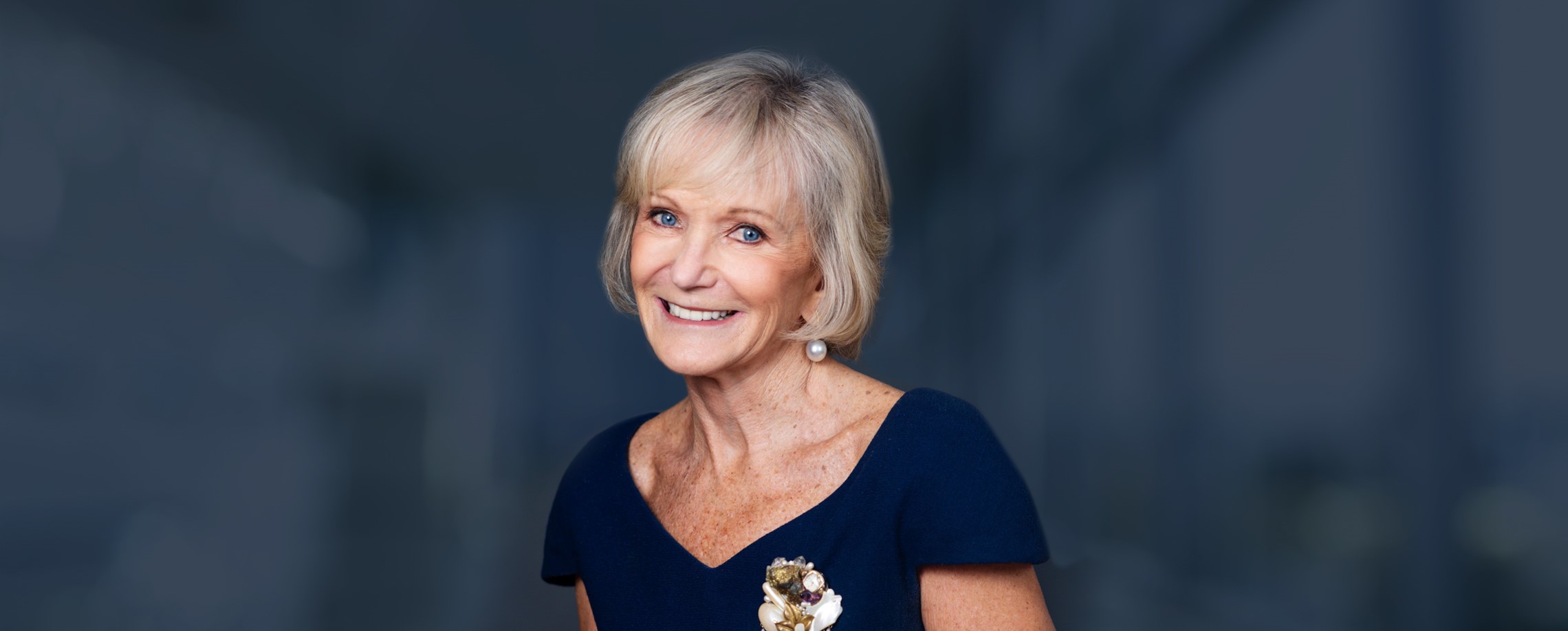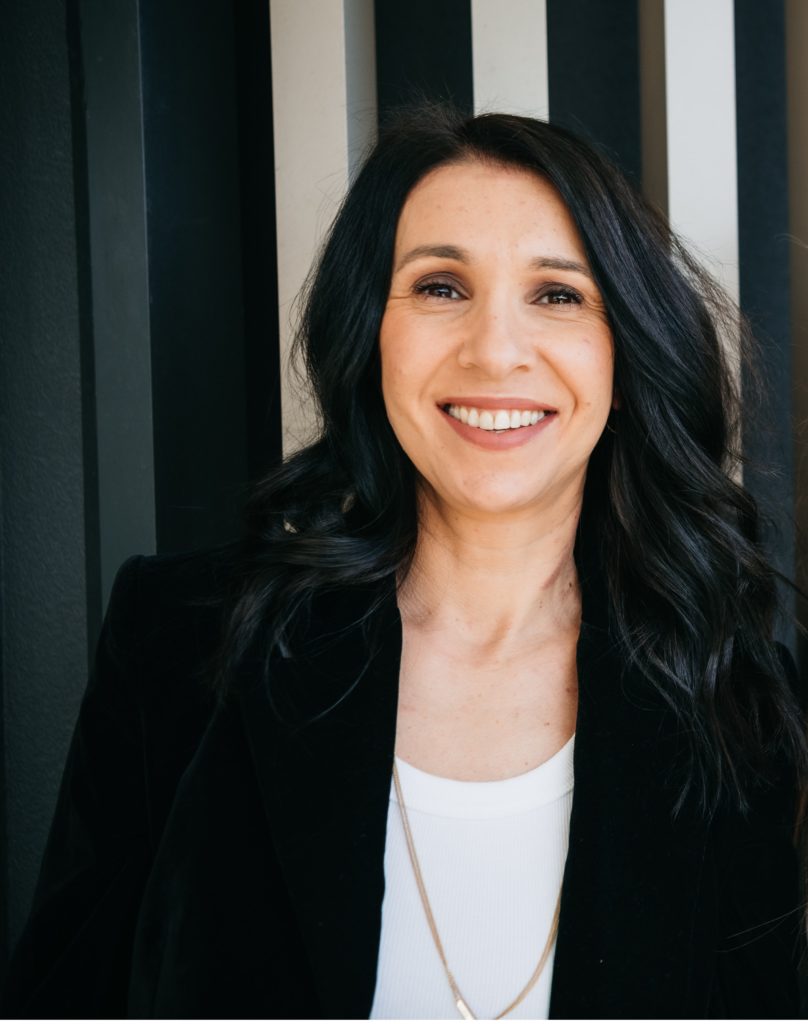
- Author: George Hazim
- Posted: September 21, 2022
‘Not just any CFO cuts it’ : The Power of CFOs
A dominant and influential force in the corporate world, the once board member of the global fashion giant, Kate Spade – then Liz Claiborne, Kay Koplovitz, has never shied away from her business ambitions and asking for what she wants.
It’s what’s revered her in the boardrooms of corporations and the halls of Wall St and underpinned the hallmark of her entrepreneurial success.
Koplovitz’s successes are legendary – boardroom positions with companies like Athena Technology Acquisition Corp-SPAC, Accenture Ventures, Veniam, ION Media, Oracle and Nabisco, to name a few, highlight why.
Wind back the clock 50-years, when the US television and entertainment industry was an impenetrable man’s domain – where men ruled as though they were emperor Nero, saw Koplovitz do the unthinkable.
She ventured into the bear-pit of television, where combat was as ritualistic as it was inevitable, and men thrived on the victories of their conquests.
Koplovitz’s courage to be enterprising and bold, saw her beat the boys by being the catalyst for the rising cable television industry.
In 1975, Koplovitz was part of the team that organised the promotion of cable and satellite broadcasting of the ‘Thrilla in Manila’ between Muhammad Ali and Joe Frazier.
That night gave sports and boxing lovers globally, viewing access to the world’s heavyweight championship from the Philippines – and a new frontier was born. Broadcasting of the fight confirmed Koplovitz’s vision and changed the course of entertainment forever.
Then in ‘77 she launched Madison Square Garden Sports – later renamed USA Network, the all-sport cable service to compete with HBO – creating new economies by developing the two-revenue stream business model – licensing and advertising.
In ‘92 and ‘94, Koplovitz then launched the ScyFy Channel (formerly Sci-Fi) and USA Network International.
Thirty-years on, Koplovitz’s revolutionising of an industry sees her legacy generating $US184bn annually because of her pioneering spirit.
It’s a special individual who can create change, and former US President Bill Clinton’s appointment of Koplovitz in 1998 to Chair the bipartisan National Women’s Business Council (NWBC), is a reinforcement of why that is.
As Chair of the NWBC, Koplovitz identified a problem existed around how women operated in business – and it needed to be fixed.
Female entrepreneurs weren’t “thinking big” enough about the growth of their companies, and how they should raise capital to fund them – from there, Springboard Enterprises became not just an idea, but a global movement of creating human capital around women-led companies.
“Early-Stage Companies need a CFO who’ll give them the best advice and lay strong financial foundations needed to raise capital…They have to start their businesses with a CFO whose worked in the financial community and knows how to present companies to investors – if they don’t, their struggle to succeed multiplies.”
Kay Koplovitz
Since forming in the US in 2000, Koplovitz’s vision has endured a 22-year global crusade.
Helping facilitate the growth of start-ups and their business ideas are critically important, but that’s only part of the equation.
There’s another important element for start-ups to succeed, like those who became corporate powerhouses – Zipcar, Minute Clinic, Constant Contact, IRobot, and Kultura. Strong CFO’s have played a significant part in their growth.
CFO’s, according to Koplovitz, are vital. “Not just any CFO cuts it. They must be right for the business and understand what it’s trying to achieve.”
“Early-Stage Companies,” Koplovitz says, “Need a CFO who’ll give them the best advice and lay strong financial foundations needed to raise capital.”
“They have to start their businesses with a CFO whose worked in the financial community and knows how to present companies to investors – if they don’t, their struggle to succeed multiplies.”
Koplovitz has witnessed the success of many businesses but remains fascinated how many women fail to understand why it’s vital they know where their revenue sources are derived from or how to derive them.
It’s a problem, that surfaces repeatedly, according to Koplovitz. “If women entrepreneurs are to succeed, it’s an issue they have to address.”
“Good CFOs ensure they know what their revenue sources are, but they also need to understand the assumptions of the business and its economic modelling.
“This where the CFO is a critical part of the team. If they fail to understand those assumptions, when it comes to raising funding, they almost instantly fail.”
Investors are notoriously discerning about who and what they invest their money in. Unless they see potential and opportunity then start-ups have one chance to make an impact.
“It’s at that point,” Koplovitz says, “They need to impress. Not knowing what their numbers are or want is a disaster.”
“They must be seen as partners who know how to raise money and apply that economic model to the growth of the company.”
Koplovitz says, technical currency of a CFO is critical. “If they’re unable to record financials as they occur or make wrong assumptions, it leads to problems like the misappropriation of financial statements.”
Recently the Australian franchise, Springboard Enterprise Australia (SBE), marked its ten-year anniversary – testimony to the enduring growth of the program.
For a decade, it has been the single most dynamic force responsible for the proliferation of female entrepreneurs in Australia.
SBE Australia since its 2012 Australian launch, has helped over 250 national mid-stage graduates, over 110 global level companies, successfully raised more than $1bn in capital with two undertaking IPOS and 12 exits.
Just as much as SBE Australia facilitates and supports female entrepreneurs to flourish, working alongside SBE Australia to help start-ups capitalise on their financial potential, are CFO’s and expert financial advisory groups like Public Accounting Practice xSource Control.
SBE Australia’s CEO, Nicole Cook, reinforced the need to use external advisors. “We use providers to experience what good looks like.”
“This way, the providers understand what we do and how important it is for them to deliver a valuable service to entrepreneurs, particularly at the most critical stages of growth.”

Nailia Alimova founder and CEO of xSource Control, is also an entrepreneur.
Through xSource Control, Alimova and the company have helped over 50 start-ups, raise more than $200m in capital, employ staff from two to 100, and developed strategies that have seen most expand internationally.
One according to Alimova has achieved a valuation shy of $1bn. “As financial advisors, xSource Control sees their role as educators. Their part is to upskill founders.”
“They’re product specialists and industry visionaries, they know how to grow the business – we ensure their profitability and liquidity remains in check,” Alimova says.
Getting the right CFO is critical and Alimova agrees with Koplovitz, “They can be the difference between succeeding or failing.”
“The typical start-up,” Alimova says, “Has an idea of a service or product. If they reach out or get introduced to the right CFO who specialise in the area, they’re outsourcing their willpower to interrogate their business model to someone who lives and breathes it.”
Success of start-ups can be partly attributed to CFO’s capable of transitioning their thinking from founder to funder.
“We get the struggles start-ups face because we face the same challenges. Start-ups must know they are going to run out of cash and start their fundraising activities 18-months out especially in the current environment.”
Start-ups should be no different to how Microsoft chose to operate. Bill Gates insisted on having a year’s worth of operating expenses / runway in the bank, and according Alimova, “cash is the oxygen of growth.”
There’s more to being a CFO than being a whiz with numbers. They’ve evolved to become more. Just as many start-ups begin and grow, for some, they also look to exit out, sell, and look to another venture.
Which is why CFO’s must also be good counsellors and strategists.
“As CFO’s we crystalise their business model and what their exit exit strategies look like, the earlier we have the conversation the better the outcome,” Alimova says.
Kenny Rogers summed it up with his 1978 hit, The Gambler:
“You’ve got to know when to hold’em
Know when to fold’em
Know when to walk away
Know when to run
You never count your money
When you’re sitting at the table
There’ll be time enough for counting
When the dealin’s done.”
In the end ambition may seem all but a punt, but with the right cards and knowing how to win, it’s better than not.








